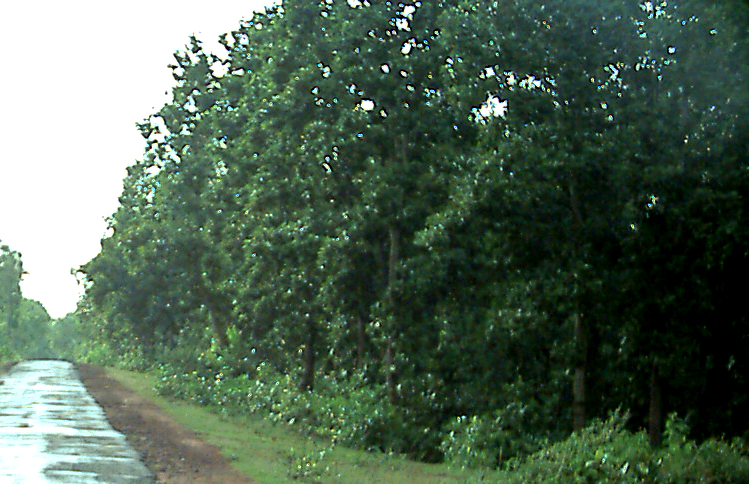Valery Giscard d'Estaing Boulevard
Building GANAMET
You are here : Home » Sustainable Development » World Agroforestry Centre gathers Kenyans in the process of decision making.
World Agroforestry Centre gathers Kenyans in the process of decision making.
Through the participatory policy making process, the Kenyan leaders and citizens get involved in the concept of integrated landscape management.
Sensing the participants were getting a little restless after several hours of discussing policy challenges for the integrated management of water resources in the Lake Naivasha Landscape, Joan Kimayu, a lead facilitator with the Strengthening Rural Institutions Program at the World Agroforestry Centre, wondered what she could do to make a group of government officials stand up and get moving. Improvising slightly, she decided to have each of them give a “Landscape Oath,” stating, “I, [insert name] am a landscape champion.” Initially, each one hesitated and reluctantly stood up to make the vow. However, by the end of the third day of meetings, over 40 participants enthusiastically stated the oath, emphasizing their commitment to the process of making integrated landscape management a reality in their community.
Although this is a seemingly simple or unimportant action, it highlights one of the key outcomes of a participatory policy making process: strengthened ownership and support for policies among all stakeholders. Participatory policy making is a broad term used to describe many different means of facilitating the inclusion of individuals and groups in the design of policies that impact them. By including diverse stakeholders in this policy making process, it is hoped that the policies created are better informed, more equitable and easier to enforce, while at the same time enhancing the transparency, accountability and capacity of the government and empowering civil society.
Read more on blog.ecoagriculture.org



